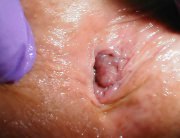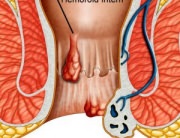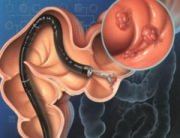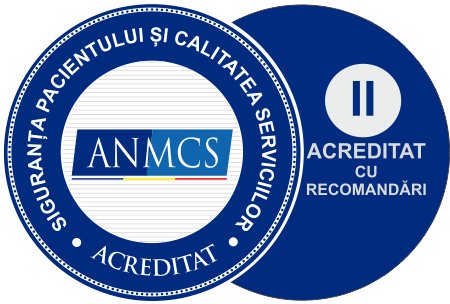Haemorrhoid surgery complications are quite frequent.
Early complications include:
- severe postoperative pain lasting 2-3 weeks. This is mainly due to incisions of the anus, and ligation of the vascular pedicles;
- wound infections aare uncommon after haemorrhoid surgery. Abscess occurs in less than 1% of cases. Severe necrotizing infections are rare;
- postoperative bleeding;
- local swelling;
- major short-term incontinence;
- difficult urination.
Possibly secondary to occult urinary retention, urinary tract infection develops in approximately 5% of patients after anorectal surgery. Limiting postoperative fluids may reduce the need for catheterization (from 15 to less than 4 percent in one study).
Late complications include:
- anal stenosis;
- skin disorders;
- relapse;
- anal fissure;
- minor incontinence;
- constipation following a haemorrhoidectomy is associated to postoperative pain and the use of painkillers. Many physicians recommend laxative stimulants or anything that can soften the stool, so as to prevent this problem. The removal of the faecal bolus under anaesthesia is available upon request;
- tardy haemorrhages possibly due to the vascular lagging that develops in 1 – 2% of the patients. It generally occurs 7 – 16 days after surgery. No specific treatment is efficient to prevent this complication, which requires the return to the operating room for one or several sutures.








